Yes- Even in the Summer, Your Vitamin D is Low!
Chances are, you need supplements even in the summertime because of low Vitamin D! We get a lot of sunlight in Charlotte. Because of this, it’s the most common and efficient source of vitamin D (cholecalciferol). We often think we are getting enough from the sun in the summer months alone but through clinical experience and testing levels through the blood, it’s usually not enough!
Ideally we want our functional levels at about 80 ng/mL and others with autoimmune issues at 100 ng/mL, although most patients tested are falling below 30 ng/mL and supplementation through a good sourced, highly absorbable form of this is needed.

How Vitamin D Can Help Us:
– Maintain the health of bones and teeth.
– Support the health of the immune system, brain, and nervous system.
– Regulates insulin levels and aid diabetes management.
– Support lung function and cardiovascular health.
– Influence the expression of genes involved in cancer development.
– Maintain the health of bones and teeth.
– Support the health of the immune system, brain, and nervous system.
– Regulates insulin levels and aid diabetes management.
– Support lung function and cardiovascular health.
– Influence the expression of genes involved in cancer development.
Symptoms of Deficiency May Include:
– Becoming sick or contracting an infected more often.
– Fatigue.
– Painful bones and back, muscle pain.
– Depressed mood.
– Impaired wound healing.
– Hair loss or thinning.
The richest food sources of vitamin D are fish oil and fatty fish including cod liver oil, herring, sockeye salmon, but also sardines, tuna, and eggs.
Left untreated, chronically low levels of Vitamin D can lead to issues of obesity, diabetes, hypertension, depression, fibromyalgia, chronic fatigue syndrome, osteoporosis, and neurodegenerative diseases.
In a randomized clinical trial, sunlight exposure or supplementation for deficient non-western immigrants: a randomized clinical trial. States, “Vitamin D supplementation is more effective than advised sunlight exposure for treating vitamin D deficiency.” Although several other research sources still support moderate amounts of sunlight in addition to supplementation.
Sensible sun exposure on bare skin for 5-10 minutes is recommended 2-3 times per week allows most people, but it breaks down quite quickly. This means that stores can run low, especially in winter.
What is the Right Amount of Vitamin D?
Each person should be familiar with their current levels to know if they require maintenance or loading dose based on those levels. Working with a Functional Medicine Practitioner to check these levels and others can help you improve your quality of health. Also, this helps you in choosing appropriate dietary recommendations and taking the correct supplements.
– Impaired wound healing.
– Hair loss or thinning.
The richest food sources of vitamin D are fish oil and fatty fish including cod liver oil, herring, sockeye salmon, but also sardines, tuna, and eggs.
Left untreated, chronically low levels of Vitamin D can lead to issues of obesity, diabetes, hypertension, depression, fibromyalgia, chronic fatigue syndrome, osteoporosis, and neurodegenerative diseases.
In a randomized clinical trial, sunlight exposure or supplementation for deficient non-western immigrants: a randomized clinical trial. States, “Vitamin D supplementation is more effective than advised sunlight exposure for treating vitamin D deficiency.” Although several other research sources still support moderate amounts of sunlight in addition to supplementation.
Sensible sun exposure on bare skin for 5-10 minutes is recommended 2-3 times per week allows most people, but it breaks down quite quickly. This means that stores can run low, especially in winter.
What is the Right Amount of Vitamin D?
Each person should be familiar with their current levels to know if they require maintenance or loading dose based on those levels. Working with a Functional Medicine Practitioner to check these levels and others can help you improve your quality of health. Also, this helps you in choosing appropriate dietary recommendations and taking the correct supplements.
At Deep Roots Natural Medicine, we’ll help you get to the root causes of your low Vitamin D and help you find the right dietary, lifestyle and supplement recommendations to get your levels up! Call us today.

